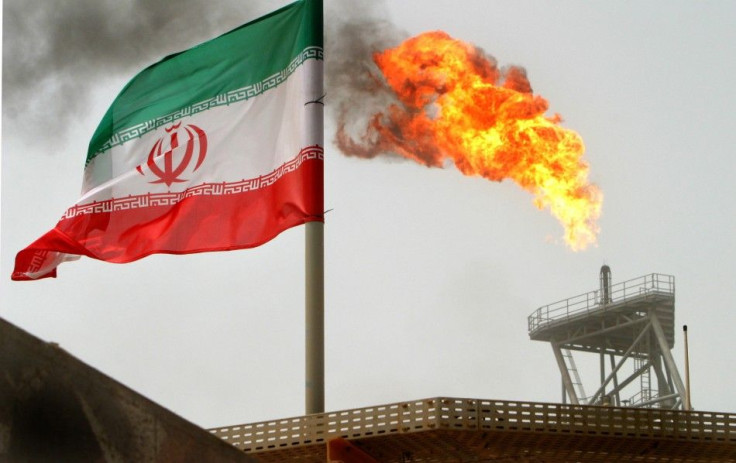Oil Prices Fall: How Critical are the Geopolitical Factors?

Oil fell from the highest level in three weeks ending a whole week of upward trend even as fears over a worsening eurozone debt crisis and its potentially disastrous impact on global commodity demand were contradicted by signs and figures of a quicker recovery from the U.S.
Eurozone finance ministers on Thursday postponed a decision on a new bailout package to save Greece from bankruptcy, giving Athens less than a week to meet the three new conditions in return for aid. Greek political leaders reached a last-minute deal on Thursday on new austerity measures as sought by international lenders in return for the €130 billion ($171 billion) bailout bowl it urgently needs to avoid defaulting on payments due to bonds that will expire on March 20.
Oil for March delivery fell as much as 46 cents to $99.38 a barrel in electronic trading on the New York Mercantile Exchange. Brent oil for March settlement slid 37 cents to $118.22 a barrel on the ICE Futures Europe exchange.
Oil prices were also weighed down after OPEC cut its 2012 forecast for growth in global demand. China’s exports fell 0.5 percent in January as trade was disrupted by the Lunar New Year Holiday. Imports dropped 15.3 percent.
Geopolitical tensions are likely to persist, underpinning prices despite the slump in global demand. The issue dominating the oil markets is the planned EU embargo on Iranian crude oil imports. These totalled 792 thousand barrels a day (kbd) in the first nine months of 2011, according to estimates from the International Energy Agency (IEA). The ban is due to be implemented from July to allow the transition but there is a risk that Iran could divert trade prior to this date.
Poor European demand and increasing supplies from Libya are the other mitigating factors. Libya's crude output increased to an estimated 800kbd in December from negligible amounts in August. It is expected that Libya's exports will continue to improve, alleviating pressure on European supplies.
In a significant development, Saudi Arabia's oil minister stated in January that the Kingdom would seek to stabilise prices at around USD 100/bbl in 2012. It should be interpreted more as a floor value than a target, and also it is dependent on market conditions. A global double-dip would likely cause a reappraisal.
The political situation in South Sudan, Iraq and Nigeria too is adding to supply risks, although on a smaller scale. It may also be noted that the disruption of output from South Sudan will potentially remove 350kbd from the market.
With Brent benefiting from supply constraints, Dubai traded at a significant discount to Brent through much of 2011. It is also expected that Brent from Dubai will remain well bid as it is a close match for Iranian heavy crude and will benefit from supply dislocation. While the European embargo is not scheduled to take effect until July1 , in all likelihood trade will have been diverted in anticipation of that date.
© Copyright IBTimes 2024. All rights reserved.











